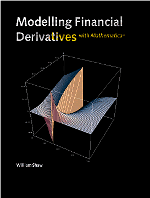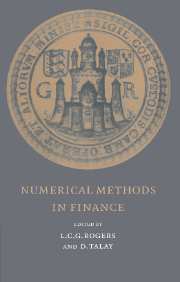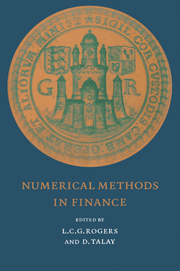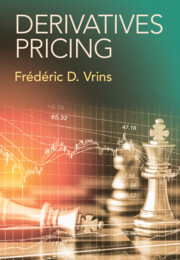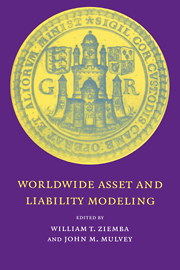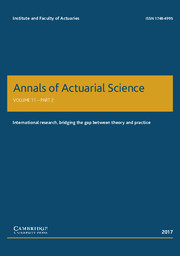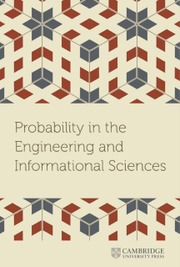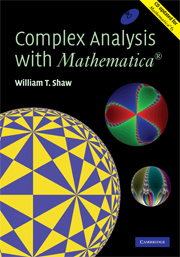Modelling Financial Derivatives with MATHEMATICA ®
One of the most important tasks in finance is to find good mathematical models for financial products, in particular derivatives. However, the more realistic the model, the more practitioners face still-unsolved problems in rigorous mathematics and econometrics, in addition to serious numerical difficulties. The idea behind this book is to use Mathematica® to provide a wide range of exact benchmark models against which inexact models can be tested and verified. In so doing, the author is able to explain when models and numerical schemes can be relied on, and when they can't. Benchmarking is also applied to Monte Carlo simulations. Mathematica's graphical and animation capabilities are exploited to show how a model's characteristics can be visualized in two and three dimensions. The models described are all available on an accompanying CD that runs on most Windows, Unix and Macintosh platforms; to be able fully to use the software, Mathematica 3 is required, although certain features are usable with Mathematica 2.2. This product will prove of inestimable worth for financial instrument valuation and hedging, checking existing models and for analyzing derivatives; it can be used for professional or training purposes in financial institutions or universities, and in MBA courses.
- CD enables computational aspects of Mathematica to be fully exploited
- New analytical results and approximations
- Extensive catalogue of analytical and numerical models; thorough critical analysis of numerical schemes
Reviews & endorsements
"...a book for practitioners...full of practical insights from one with both a good grasp of the theory and much practical experience in the field." Mathematical Reviews
Product details
January 1999Hardback
9780521592338
550 pages
255 × 193 × 33 mm
1.422kg
85 b/w illus. 30 tables
Unavailable - out of print
Table of Contents
- Preface
- 1. Advanced tools for rocket science
- 2. An introduction to Mathematica
- 3. Mathematical finance preliminaries
- 4. Mathematical preliminaries
- 5. Log and power contracts
- 6. Binary options and the normal distribution
- 7. Vanilla European calls and puts
- 8. Barrier options - a case study in rapid development
- 9. Analytical models of lookbacks
- 10. Vanilla Asian options - analytical methods
- 11. Vanilla American options
- 12. Double barrier, compound, Quanto options and other exotics
- 13. The discipline of the Greeks and overview of finite-difference schemes
- 14. Finite-difference schemes for the diffusion equation with smooth initial conditions
- 15. Finite-difference schemes for the Black–Scholes equation with non-smooth payoff initial conditions
- 16. SOR and PSOR schemes for the three-time-level Douglas scheme and application to American options
- 17. Linear programming alternatives to PSOR and regression
- 18. Traditional and supersymmetric trees
- 19. Tree implementation in Mathematica and basic tree pathology
- 20. Turbo-charged trees with the Mathematica compiler
- 21. Monte Carlo and Wozniakowski sampling
- 22. Basic applications of Monte Carlo
- 23. Monte Carlo simulation of basket options
- 24. Getting jumpy over dividends
- 25. Simple deterministic and stochastic interest-rate models
- 26. Building yield curves from market data
- 27. Simple interest rate options
- 28. Modelling volatility by elasticity
- Index.

